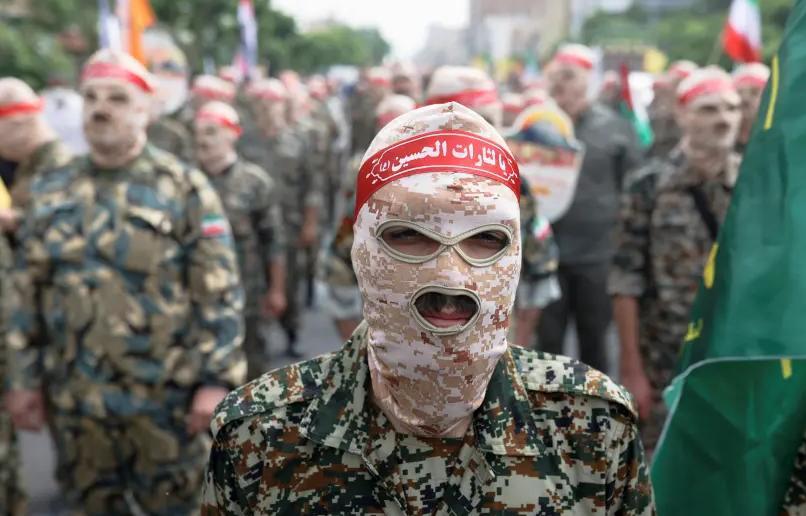
IRGC Quds Force finances terrorism through money laundering scheme
High-level Iranian Islamic Revolutionary Guards Corps (IRGC) Quds Force commanders have set up a host of shell companies used to launder money in a scheme that was brought to light by documents obtained by Iran International, a Washington DC-based Persian language news organization.
According to the Iran International report, the documents they obtained outline how IRGC commanders have created fake construction companies in order to funnel money to the regime’s terrorist beneficiaries. The revenue being sent to the extremist organizations primarily originates as revenue collected from Iraq in exchange for legitimate Iranian energy exports.
The term “Quds Force” relates to the Arabic term for Jerusalem, “al-Quds.” Iran, which has a long history of financing Palestinian terrorist organizations such as Hamas, Palestinian Islamic Jihad and Hezbollah, designates the laundered money for such groups in the name of “resistance.”
Iran International reports that the Iranian embassy in Iraq is complicit in the laundering scheme.
US position on the IRGC
It is important to note that the US State Department identified the IRGC itself, including the Quds Force, as a foreign terrorist organization. Canada, Israel, Saudi Arabia and Bahrain likewise view the IRCG as a terror organization.
Additionally, a number of the individuals and companies highlighted by the report had already been slapped with US sanctions.
Iran International also reported on the IRGC’s money laundering operation in an article published earlier this month. Therein they explain that, as per US sanctions, Tehran is supposed to only be allowed to import medicine and various other essential commodities in exchange for its energy export to Iraq.
Iran International incurs credible risk in publicizing information on the IRGC and the Iranian regime. Although originally headquartered in the UK, the BBC reported that the Persian-language news organization moved to Washington DC earlier this month due to security concerns.
Source: jpost





